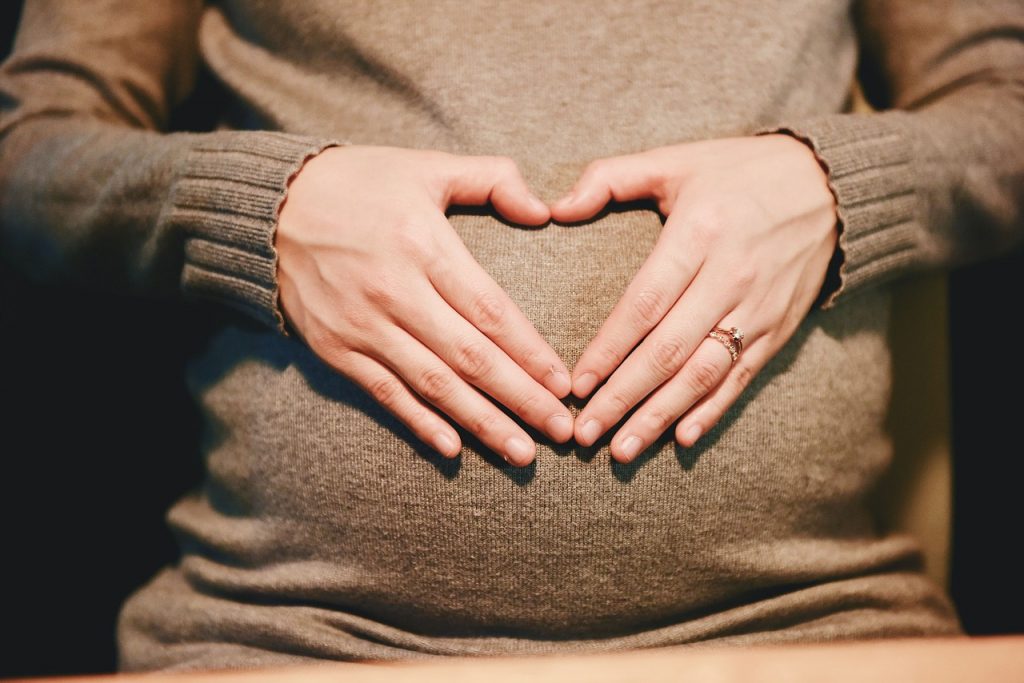All opinions are mine and mine alone. Guest post
Donor Eggs: Are They the Right Option for You?
If you’ve received negative result after negative result from your fertility specialist, you’ve most likely already started to explore the next step in your family plan – utilizing donor eggs.
Yet, when you mention it to people, you may not be met with the same heartfelt words of encouragement you received while undergoing IVF with your own eggs. You might even be met with frowns, skepticism, and words of discouragement.
Why?
Traditional IVF, surrogacy, and even sperm donation are all mainstream infertility options which have become widely accepted in recent years. Despite how similar the donor egg IVF process is to traditional IVF (you can see CCB’s DEB process for comparison here), misinformation and lack of awareness about donor eggs continues to color society’s perception of it.
Below, we’ll investigate the misconceptions surrounding donor eggs and dispel them before exploring whether this is the right path for you in your pregnancy journey.
Donor Eggs – They’re Like ‘Half Adoption,’ Right?
One of the biggest hurdles to overcome with egg donation is the lack of a genetic link between mother and baby. This may be why it’s often mistakenly referred to as “half adoption.”
Uninformed individuals often don’t consider or realize the biological mother carries the baby in her womb for nine months, or the egg is simply a small genetic contribution, similar to receiving sperm from a sperm donor. Given this fact, why don’t others see egg donation in the same light as sperm donation?
While current trends in donor egg use are rising, society still has some catching up to do in widespread acceptance. A general lack of understanding about the process may contribute to bias against donor eggs.
You Choose the Donor
One of the main benefits of using donor eggs is you have complete control over which egg donor you choose.
If you’d like to move forward with a fresh egg donor, you may opt for someone you know. This may be a friend or family member who’s eager to help you conceive. Should it be the latter, you’ll still be able to pass on your family’s genes.
If you prefer to use an anonymous or Open ID donor, you may choose to use an egg bank. While a fresh egg donor often appeals to many at first glance, using the eggs of someone you know often sparks concerns over future anonymity, awkward conversations, and potential complications in your relationship.
When you use an egg bank, you’re given access to their extensive database of diverse egg donors. This allows you to carefully select a donor you feel comfortable with, whether you base your decision on physical attributes (e.g. hair or eye color), academic achievements, or personality traits.
Each of these donors have been rigorously tested for various criteria, including genetic disorders – criteria you can’t always guarantee with your own genes.
As soon as you begin the process of choosing your egg donor, you’re influencing your baby’s genes.
You Nurture Your Baby
Following fertilization with your partner’s sperm, one or two developing embryos are placed into your womb. You alone are responsible for nurturing the life growing inside you.
You’re the first one to feel their tiny hiccups and the sharp dig of their elbow in your ribs, and you’re the first to see the shape of a hand in your stomach as they stretch and move around.
What does this mean?
From the moment the embryo is transferred into your womb, you’re creating an unbreakable bond with your baby.
Studies also suggest that, while a baby’s DNA can’t be altered in the womb, their genes can be influenced. This means that you, as the baby’s biological mother, may have an effect on how their genes are expressed.
No One Can Guarantee Their Baby’s Genetics
No parent, genetically related to their child or not, can guarantee their child’s genes. Not every baby has their mom’s nose or becomes a talented soccer player like their dad.
Rather, it’s the journey you take together as a family which plays the biggest factor in the life of your child. When you welcome your little baby boy or girl into the world, any concerns of feeling a connection with them will fade away as you embrace the family you’ve just created.
Science is powerful – but the love of a mother conquers all.




Speak Your Mind